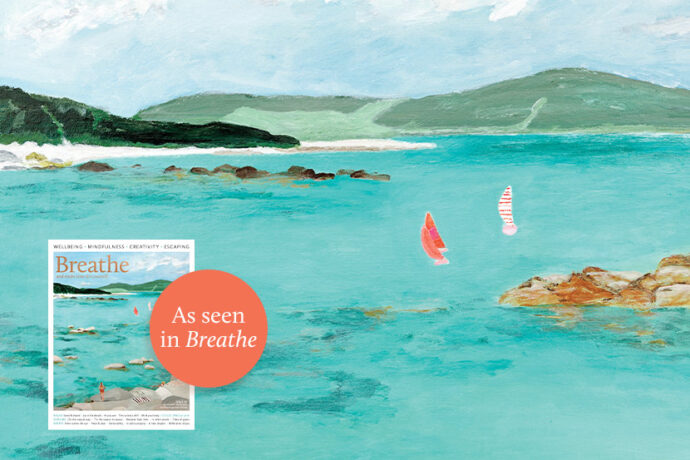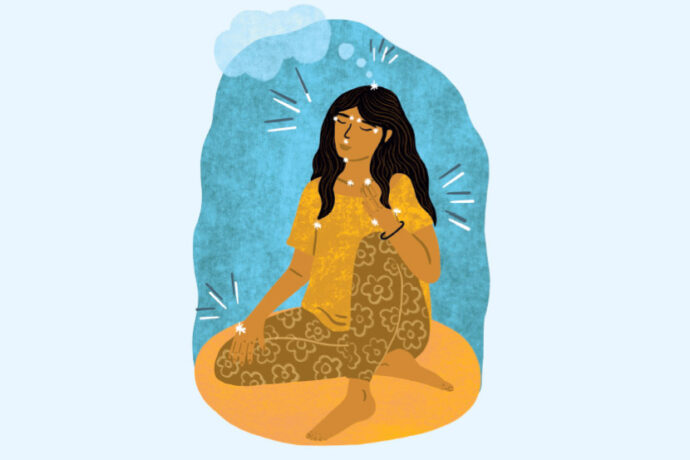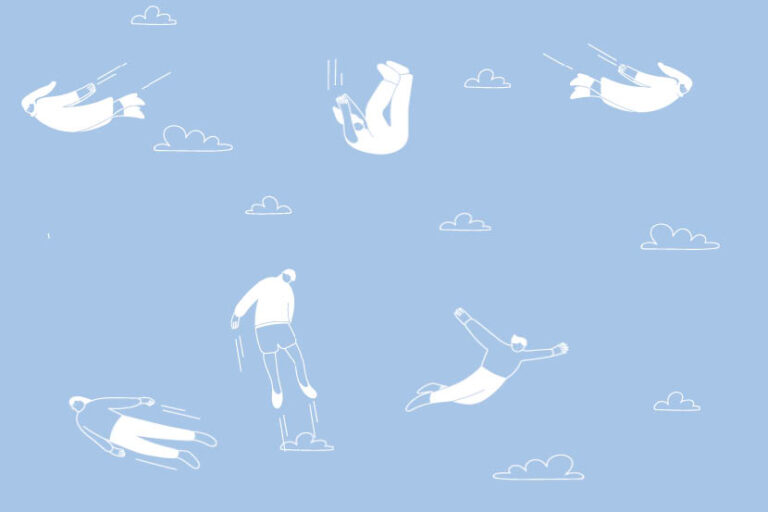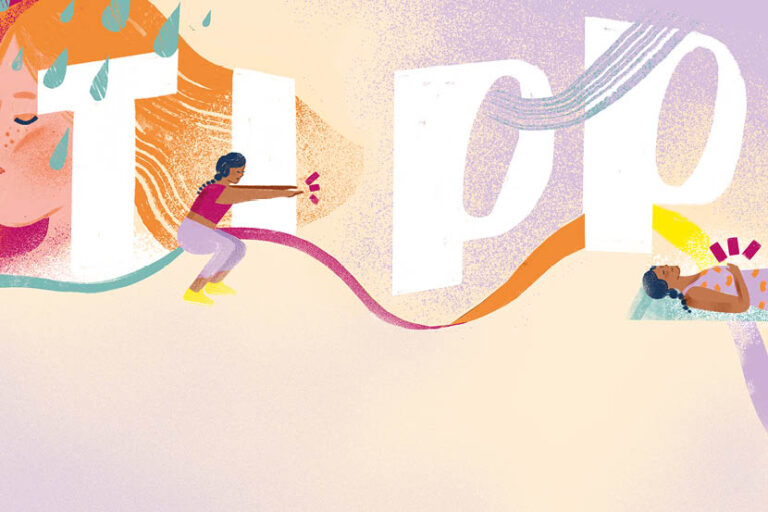
Rather than focusing on answers, it might help instead to start asking different questions
It is human nature to be inquisitive. Children start learning about the world by observing and asking questions, first about simple facts, then because they want some further explanations. According to Paul Harris, a psychologist specialising in infant development, research shows that a child asks about 40,000 questions between the ages of two and five. Adults may tire of the incessant (and often challenging) “whys”, but it’s hard not to appreciate the exploring and inquisitive mind, eager to fill in the gaps.
As children grow up, however, curiosity levels decrease, and the questions ease off. And, as they start manifesting their own independence, young adults can even stop asking questions. Why do they hold back? It may be overconfidence in their own knowledge, but it could easily be the opposite – they may believe they’ll ask the “wrong” question. If they accept the world they live in just as it is, however, or as they’ve been told, it’s less likely they’ll look for ways to improve it.
Questions are the driving force behind human progress, and challenging ideas, assumptions and facts helps to drive creativity. It also stimulates the mind and opens it to fresh approaches. If a person wants to change the way they think, they first need to consider reframing the way they see the world by asking the (right) question.
The art of asking effective questions
If you ask pertinent, searching questions, chances are you’ll receive more rewarding and informative answers. Yet questioning has become something of a lost art, which is a shame as it’s an important skill that deserves recognition. Question styles might differ – one might require only a short answer while another demands a fuller explanation, or there’s the rhetorical statement to provoke reflection – but it’s all vital for effective communication. It helps to avoid misunderstanding and misinterpretation; it deepens trust, steers the conversation and keeps people engaged. It’s a powerful tool centred around careful word choice, tone of voice and body language. The ability, for example, to extract critical information from others can depend on whether questions are posed in, say, a sensitive or aggressive manner. The trick is knowing when to adopt which tone and stance.
What if the focus has been misdirected? What if, rather than trying to discover an answer, solution or truth, the attention might have been better placed on the question itself? But not just any question – a purposeful one that, while it might not lead to an answer, is likely to provide food for thought and generate more questions. Because sometimes asking questions is more important than finding answers.
Questions without answers
What if there’s no definitive answer? Do you see a mystery that can’t be solved or a fascinating puzzle to put together? For some, it proves the limitation of human knowledge. For others, it opens the door to more possibilities, leading to wider questions. But how does one learn how to think rather than what to think? Philosophical practice can be done the Socratic way: formulate a clear question, one deceptively simple but with broad implications, on any topic that interests you. Then, begin the debate (in a group or with yourself), with rounds of arguments and counterarguments, exploring the validity of viewpoints objectively.
The beauty of the game is that there is no winner. It’s a meaningful journey as the participants reach different possible conclusions. It’s a method that “questions a question” and opens the mind to fresh perspectives, concepts and new ways of thinking and being. This enriching exercise can develop one’s ability to question and argue, enhance problem-solving capacities, give rise to improved common sense (maybe even wisdom), and provide a sense of direction in life. Time to question everything.
PLAY THE QUESTION GAME?
Keep these five statements in mind as you contemplate the questions below:
- Be humble. We don’t know it all, no matter how right we think we are.
- Don’t assume anything. Test the evidence first and be open-minded to other ideas.
- Be free. Embrace scepticism and become a freethinker, no matter what others say.
- Don’t fear ridicule. You have the right to question facts and theories that influence your own opinions.
- Regain your childlike inquisitive mind. View the world again through the eyes of wonder.
And the questions are…
• Which is more useful: intelligence or wisdom?
• How much does language affect thinking?
• Are there limits to human creativity?
• What makes you, you?
• What is infinity?


















